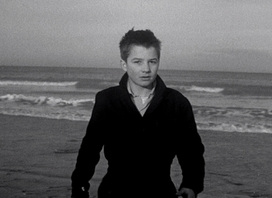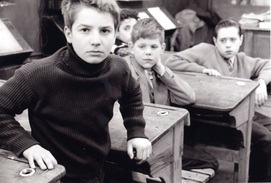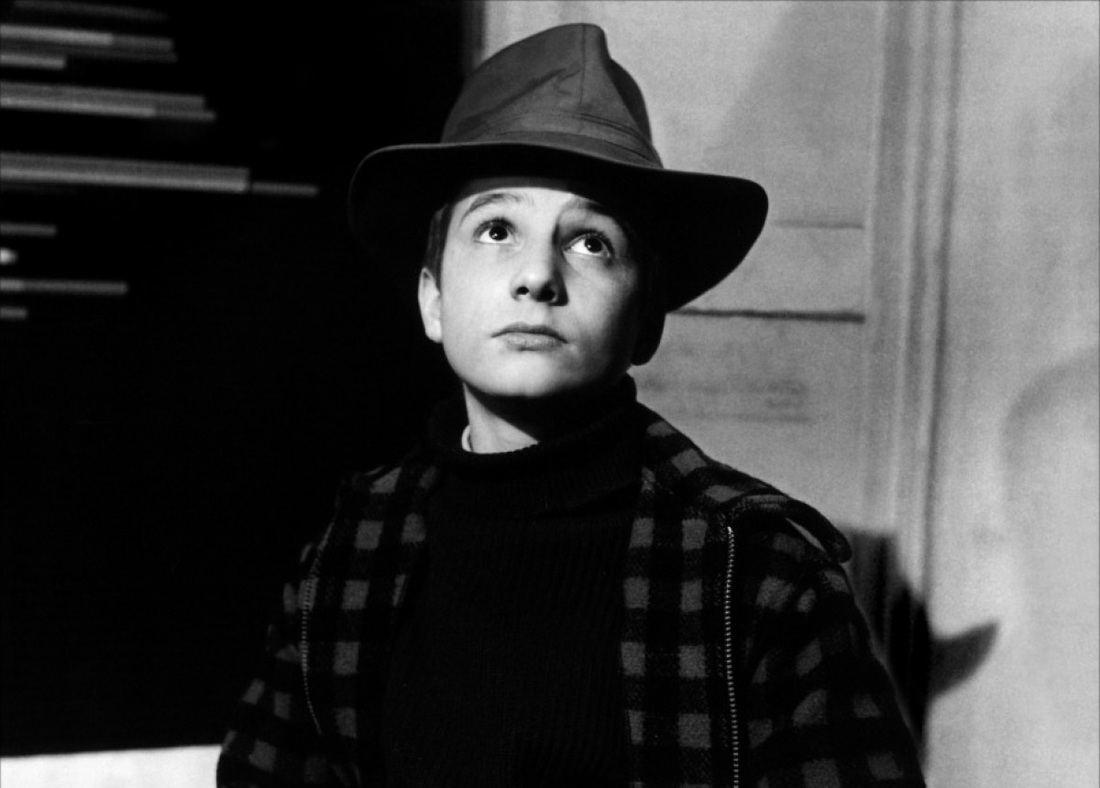
400 Coups seems like real life when you watch it. Truffaut uses hundreds of different filming techniques to achieve this documentary feel. Specifically, he utilizes long 180 degree takes. He makes Paris seem like a stereotypical romantic city, but also a dirty grimy crime ridden slum. He exposes the life of the troubled youth inhabiting the narrow streets of Paris. There is no strange plot line, and I think that is why this film was so widely acclaimed. Truffaut demonstrates a touching rebellious story and pairs it with smooth long shots. Yes, there are jump cuts, but they make complete sense. Truffaut's long takes allow for the character and story to develop within a scene so the audience totally understands what is happening! In addition, the long takes expose beauty and unsightliness. The plot is very sad in itself, but with these long takes the audience is intrigued to pay attention and take in every detail of the city which sometimes fuels an even sadder reaction. Long takes, much like close ups in my opinion, allow the audience and the characters to share an intimate connection. The audience sees the progression of emotions and events happening in real time. Meaning the audience experiences what the characters feel at the exact same time. It feels like the audience is watching a reality TV show on Antoine. My favorite example of this is the final scene that you can watch just by clicking on the button named "le fin". The camera follows Antoine as he jogs across the beach until reaching the ocean. When he finally reaches the ocean the camera zooms in and has a freeze-frame on his face. Antoine looks worried, and confused. It seems as if he is saying "Well what now?". Personally, I felt the same as Antoine did during the last scene. Where would he go? How would he get there? And of course would he be ok?


 RSS Feed
RSS Feed